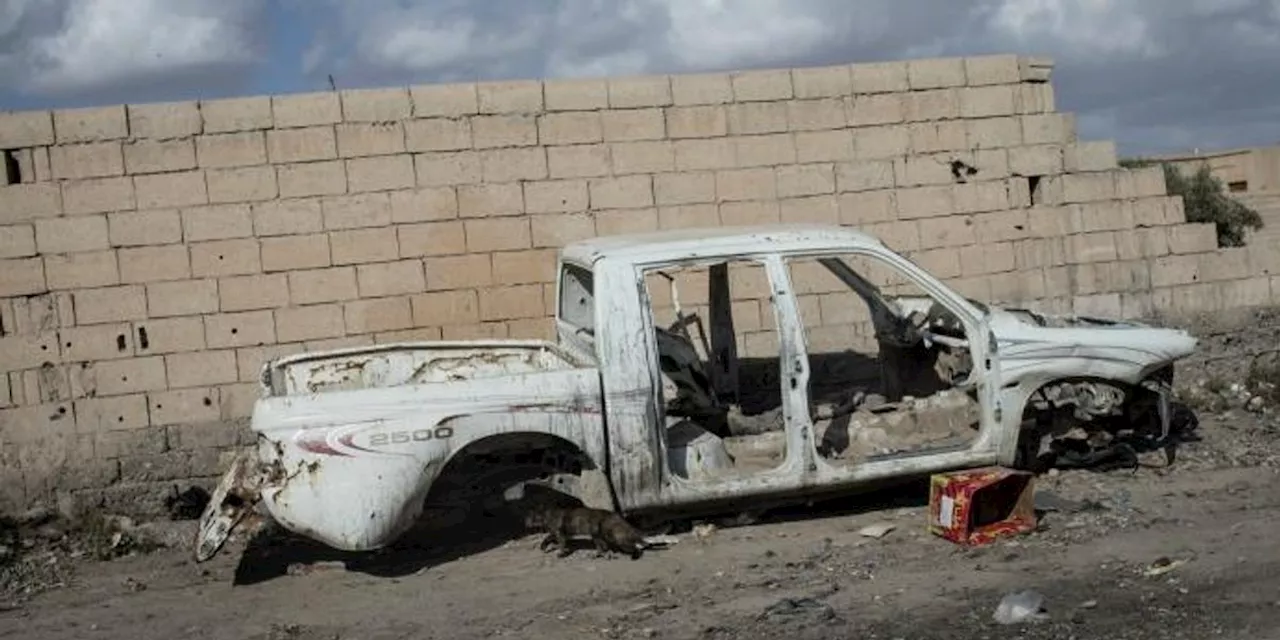A recent report has unveiled that over the past two decades, Mexican authorities have been implicated in more than 1,500 enforced disappearances. This alarming situation has prompted the United Nations Committee Against Enforced Disappearances to initiate a formal investigation into the country’s handling of disappearance cases, seeking to discern whether these incidents reflect a widespread or systematic issue.
Historically, Mexico has faced significant challenges with kidnappings and disappearances, affecting thousands of individuals. On October 27, 2023, President Claudia Sheinbaum asserted during a press conference that most cases are linked to organized crime. She emphasized, “The disappearances that occur in Mexico are linked to organized crime in the vast majority of cases. It is very different from what happens today, where it is not the Mexican state.”
Contradicting the President’s assertion, an investigation by Animal Político reveals a troubling pattern of enforced disappearances allegedly involving federal, state, and municipal security forces. The report, titled Permiso para matar (“License to Kill”), documents that at least 1,524 victims were killed or disappeared under the administrations of Felipe Calderón, Enrique Peña Nieto, and Andrés Manuel López Obrador. Shockingly, most victims had no known ties to organized crime and were often targeted based on arbitrary criteria, such as appearing nervous or not complying with law enforcement requests.
Many of the victims were young individuals from low-income or vulnerable communities, highlighting the socio-economic dimensions of this crisis. Daniel Moreno, editor of Animal Político, noted that previous administrations, regardless of political affiliation, have often misrepresented incidents involving security forces. “The last three governments have cases in which officials first reported a ‘shootout between criminals and authorities,’” Moreno stated. “Investigations by journalists, civil society organizations, and relatives later revealed that the incidents did not happen as reported.”
The findings from the U.N. committee emphasize a critical issue: federal, state, and municipal authorities have been involved in or have permitted enforced disappearances without adequate government response to prevent new cases or deliver justice for past crimes. Alarmingly, the national registry of missing and unlocated persons has grown by 66,000 cases over the past nine years, while only 373 convictions have been recorded, indicating that more than 99 percent of such cases remain unpunished.
In response to the U.N. committee’s revelations, Mexico’s ruling party, Morena, and lawmakers have rejected the findings. The National Human Rights Commission (CNDH) and the Ministry of Foreign Affairs have also contested the committee’s claims, asserting there is no directive from President Sheinbaum or any state order to carry out enforced disappearances.
Sheinbaum defended her government’s stance, asserting that the current violence differs from prior state-led repression. “It is not state violence, as it was in the ’60s, ’70s, and part of the ’80s,” she remarked. “Back then, there were forced disappearances for political reasons. That is very different from what happens today in Mexico, where it is not the Mexican state.”
While Sheinbaum acknowledged the ongoing crisis of disappearances, she reiterated her administration’s commitment to reform. “Of course it must be addressed, which is why we made changes to the laws and continue working on this issue,” she stated. The implications of these findings and the ongoing investigations by the U.N. committee may have far-reaching consequences for how Mexico addresses the issue of enforced disappearances and the accountability of its security forces.






